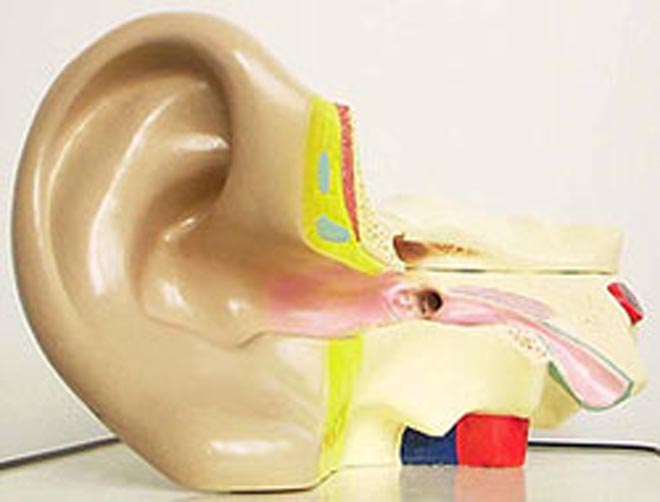Driving a convertible car can seriously damage your ears, experts have warned, BBC reported.
Cruising with the top down at speeds of 50-70mph (80-112km/h) exposes the ears to sound levels sometimes nearing those made by a pneumatic drill, they argue.
Long or repeated exposure to this noise of the engine, road, traffic and wind could cause permanent hearing loss, a US meeting of ENT experts was told.
Researchers said convertible drivers should consider wearing some form of ear protection, as motorcyclists do.
The research has been published in the journal Otolaryngology - Head and Neck Surgery.
In the study, noise levels immediately to the left and right of the driver were measured while travelling at different speeds.
At 50, 60 and 70 miles per hour, the noise reached between 88 and 90 decibels - higher than the generally agreed 85 decibel threshold level at which permanent hearing damage becomes a risk.
The researchers repeated the test with a range of convertibles, on the same stretch of motorway, outside of rush hour, and found the same noise levels - around 90 decibels, with a high of 99 decibels.
But they also found motorists can cut the noise by rolling up the windows when driving with the top down.
This simple measure cut the level to 82 decibels.
Experts warned that the damage to hearing builds up gradually and the effects may not be noticed until years later, when it is too late.
Dr Mark Downs, of the Royal National Institute for Deaf People, said: "Noise-induced hearing loss is frequently preventable.
"Regular exposure to noise levels of 88-90 decibels when driving a convertible for several hours a day can lead to permanent hearing loss over time.
"By winding up the windows or wearing basic ear protection, such as earplugs, drivers of convertibles can still enjoy driving whilst protecting their hearing."
Convertibles 'bad for the ears'
Driving a convertible car can seriously damage your ears, experts have warned.






